Commercial Solar Energy in Canberra: All you need to know before purchasing
- How commercial solar energy saves you money in Canberra
- What you should expect to pay for a solar system in the ACT
- How to finance your commercial solar installation
- Q&A: I have a business in Canberra. What are some of the common questions regarding solar installations?
Solar energy savings guide for Canberra
The first step in moving towards renewable energy is to consider the financial implications. Obviously solar energy is great for the planet, but is it commercially viable?
Did you know that Canberra has more sunshine hours than Sydney & Newcastle!
Solar panels work on UV exposure, not temperature. Cooler days with direct sunlight in Canberra actually ensure your solar panels operate more efficiently.
Effectively there are two main ways a commercial solar system will save your business money:
Self Consumption
This is what we at Kuga Energy will try and maximise. Essentially, your business pays the most for electricity during daylight hours, Monday to Friday. If your solar installation can provide all its power during these times; your business saves the most money. It minimises the power purchased from the grid.
This is a real example showing how solar covers the day time usage of a 24/7 factory
Commercial feed-in tariff
It’s never possible to exactly match your business electricity usage with solar production. Sometimes, solar panels may produce less than you need, other times it may produce more. In Canberra and the ACT, electricity retailers will pay for extra energy. This gets sent or “fed-in” to the grid, to be used elsewhere.
While there is no prescribed minimum feed in rate in Canberra, most retailers are offering at least 8 cents per kWh. The good news is electricity retailers are competitive, so your business can shop around for the best savings.
There is always a careful balance between maximising self-consumption and minimising feed-in. Kuga Engineers are happy to explain the rationale behind your commercial solar sizing. Provided your business has adequate roof space, 30-60% reduction of electricity bills are likely with solar in the ACT. The bulk of these savings will come from self-consumption.
So how much will commercial solar cost?
Commercial solar energy is not a simple dollar per kW figure. Many suppliers will tout price as fixed cost per kilowatt, but the size of the solar system will dictate the cost significantly.
Factors influencing the cost of solar in Canberra include:
- Economies of scale. Labour is generally the most expensive component of a solar installation. A larger solar system will generally lower the overheads.
- Compliance requirements. Depending on solar sizing, additional requirements may be required. These include solar engineering reports, and network protection units. This adds cost to a solar project.
- Rebates. Each postcode falls into a certain rebate category, based on the sunlight hours expected. More sun = more rebates. Rebates are also split into large scale and small scale. Canberra has more sunlight hours than Sydney and Newcastle. For this reason, you would expect to pay $4,000 less for a 100kW solar system in Canberra, compared to Melbourne.
- Install Date. For solar installs under 100kW in size – rebates reduce every year. Therefore, installing your commercial solar system on January 1st 2020 will lose 10% of total STC rebate value.
- Value of USD. Most commercial solar components are purchased in USD. Major changes in USD may cause some suppliers to change pricing. As such, a solar installer may transfer this change to the end user, or recommend a change in brand.
Canberra Solar Financing Guide
There are three common ways a business will finance a commercial solar system in Canberra. These are: leasing, chattel mortgage and a power purchase agreement (PPA)
Lease To Own
Leasing a commercial solar energy system is the most common method of paying for solar. Finance terms are available from 24 months to 15 years or beyond. Repayments are generally made monthly, with a two month buy-out clause to purchase the solar system at the end of term. Your business may consider leasing their commercial solar system to:
- Maximise tax deductions. Every monthly payment is treated as an outgoing.
- Increase cashflow. Under 100kW, commercial solar systems are often cashflow positive if financed over four years or more. Banks are offering six-months of deferred finance on
- Align with lease period. For businesses that rent their building, solar rental agreements can be designed to match. Being cashflow positive, the solar install has still saved money even if they move premises!
Chattel Mortgage
Financing using a chattel mortgage on a commercial solar system has just become even more attractive. In the ACT (and all of Australia), businesses can claim 100% depreciation of any commercial solar purchase under $150,000. This applied until June 2020.
This was announced as a response to the COVID-19 crisis.
Combining with a deferred payment, a business can claim up to $41,250 in tax deductions AND enjoy 6 months worth of solar savings BEFORE making a single repayment!
More information can be found on the ATO website here
Power Purchasing Agreement (PPA)
Finally, businesses can opt to save using solar power, but not own it at all. In Canberra, this is more common with very large solar systems. It provides the least savings, but also the least risk. Power purchase agreements are for businesses who want:
- Solar without ownership responsibility. The solar is installed on a business roof, but all responsibility for maintenance is delegated to a third party.
- Easy approval process. Many businesses in Canberra answer to international head offices. The low risk and zero upfront make it easier for management to sign off on.
- Fixed electricity rates. A solar PPA is similar to signing an electricity agreement with any other retailer. The difference is a lower rate and zero risk of a future increase.
Q&A: Is Solar Energy right for my business? Your common Questions answered.
Its clear that Canberra is a great place to invest in commercial solar energy. However, solar is not for every business.
Q: I don’t own my property? Can I still invest in Solar Energy?
Yes, provided the landlord approves the works and the solar installer satisfies property agent requirements. From a business perspective, you would want to ensure the solar at least pays for itself before the property lease renews.
Bear in mind, commercial solar systems are generally not transportable. If your business moves, the solar will remain.
Q: My roof is shaded. Does this mean solar will not work?
It depends. Solar can still provide significant savings depending on: the amount shaded, the time shaded and the type of solar technology used.
Most reputable commercial solar installers will have sophisticated shade modeling and up-to-date aerial photography software. They will be able to advise whether the shading will be prohibitive or not.
Solar technology such as micro-inverters or micro optimisers can enhance shade performance. The technology isolates the system such that shade only impacts the affected panel. This enhances the system performance. Ask your installer about these solar technologies if you are concerned with shading.
Q: I need to replace my roof? Should I wait before installing solar?
Solar panels are designed to remain on your roof for over 25 years. If a roof replacement is planned in the near future, it is best to install solar panels afterwards.
There are also funding options available where the roof AND the solar can be combined into one single project. This may be worth consideration, as it generates a return from an otherwise expensive exercise.
Q: My building is heritage listed. Can I still install solar?
In Canberra, you will need Council approval in this scenario. Your installer will be able to assist with this process. In general, the Council will only be concerned if the PV panels are visible from the street or road.
Most solar systems can be designed so the PV panels lie flush with the roofline. In this instance, visual impact is reduced or eliminated.
For systems over 100kW, further Council approvals may be required for your business to be eligible for LGC rebates. In Canberra and the ACT, check with your solar installer or Council direct whether this is the case.
Q: How do I know my roof is strong enough for solar panels?
Solar panels only weigh around 10-15 kilograms per square meter. This is less than the roofing material itself. The only potential concern is the lift they can generate during high winds.
Wind loads are higher near the edge of the building. For this reason, your solar install company should not design a system with panels closer than 2m to the roofs edge.
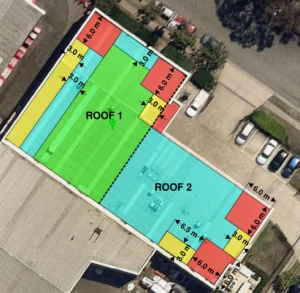
Ready to look at solar for your business? Contact Kuga Energy for your free report.
If you have a Canberra business and would like to know more about solar; take advantage of Kugas expertise and arrange a FREE solar system design report.
Contact the Kuga team on 03 8797 0190 or email service@13kuga.cm.au to begin saving!

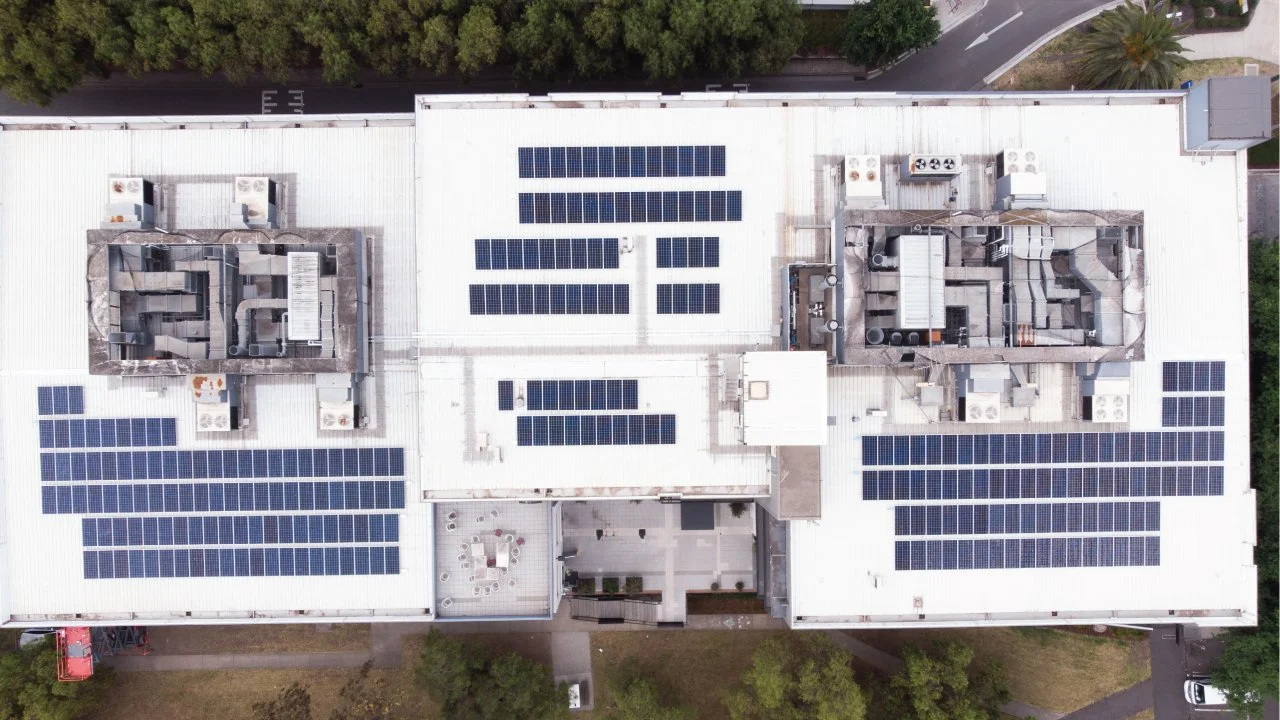
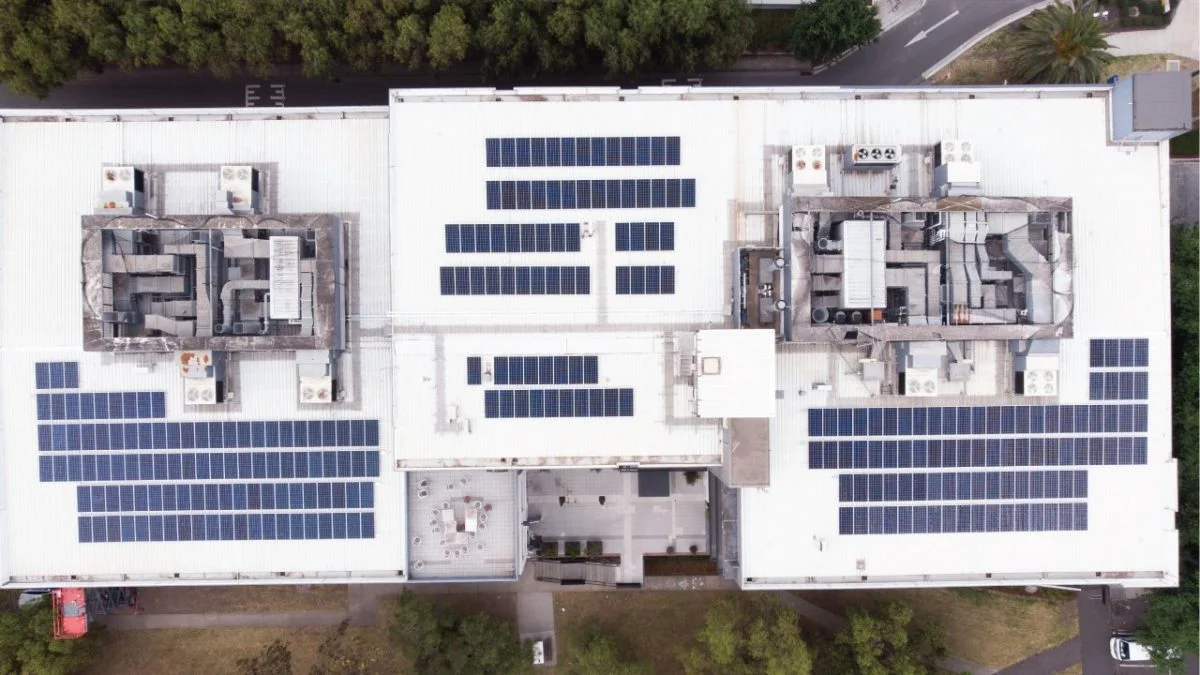
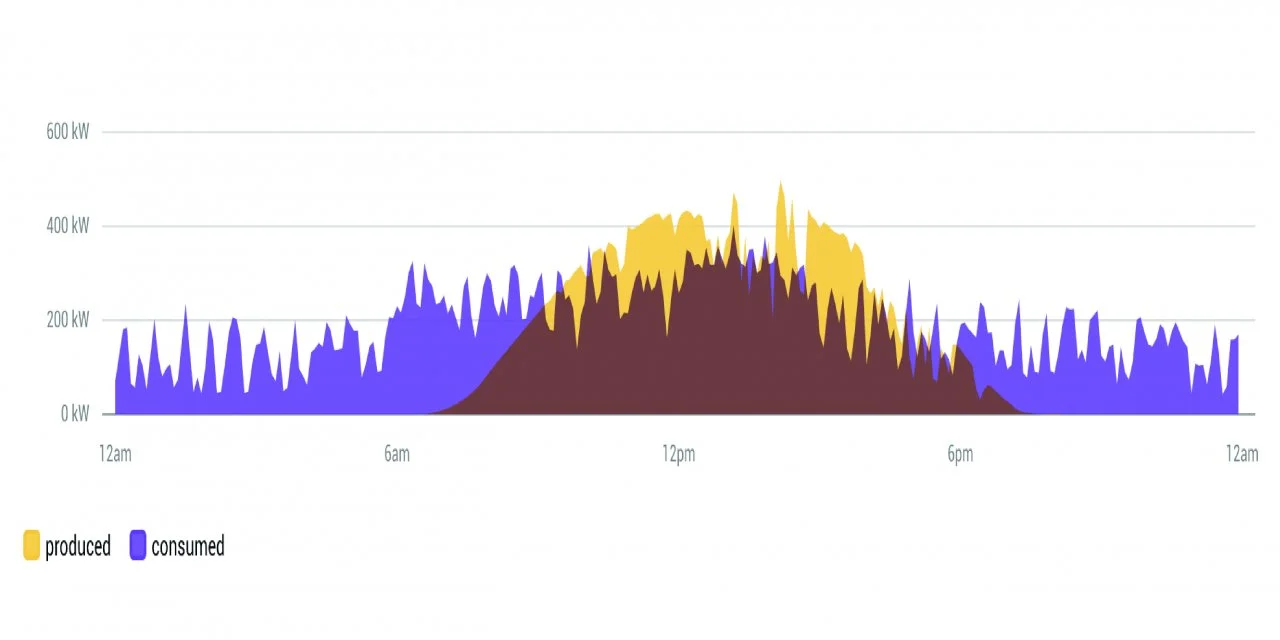

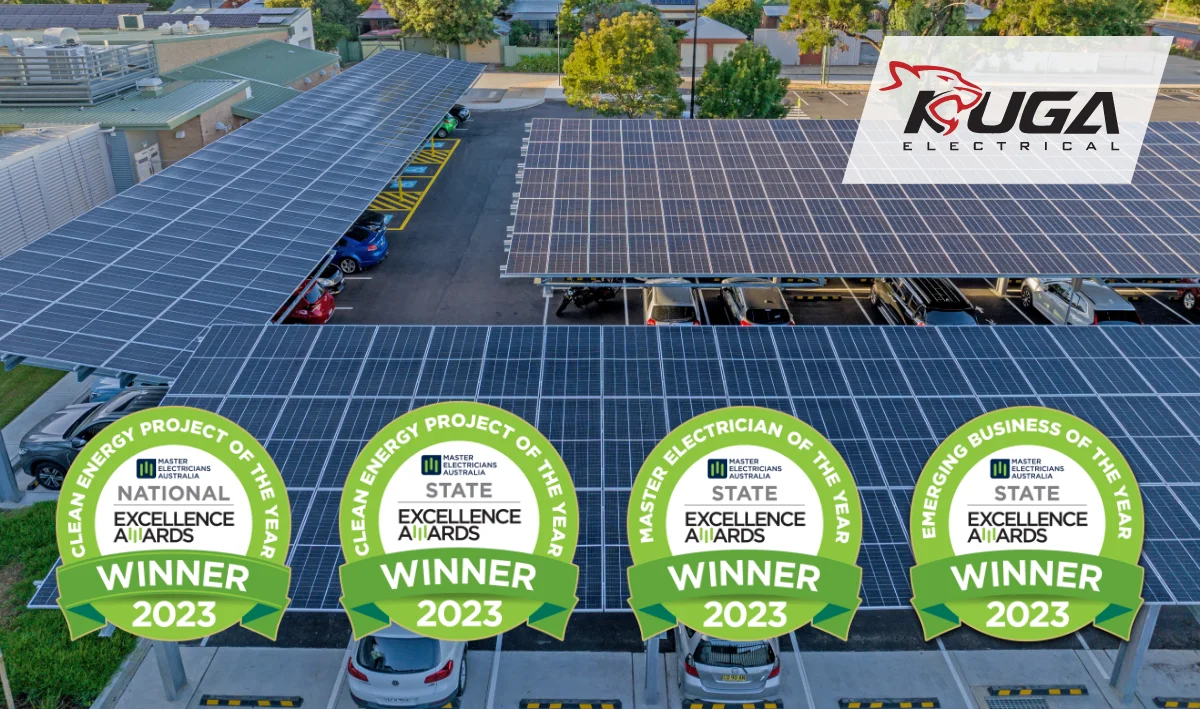






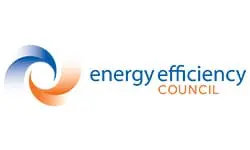

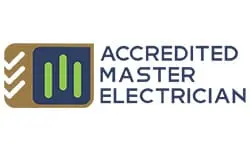
 Get Quote
Get Quote Call Now
Call Now